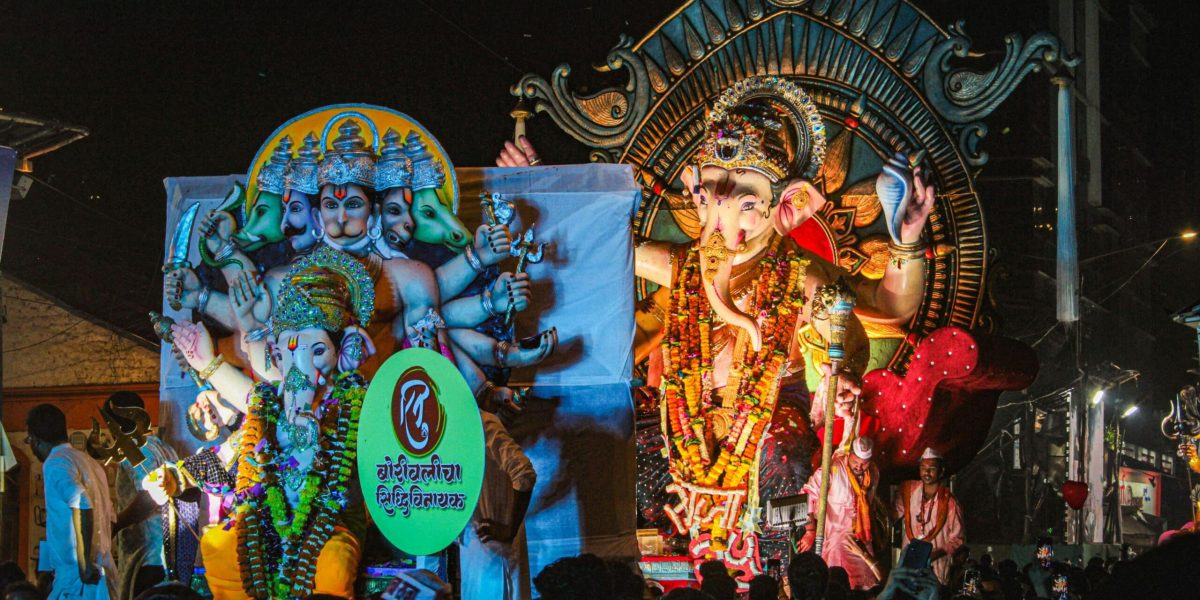Festivals have always held a special place in human culture, and global festivals are no exception. From massive parades in the streets of Rio to intimate traditional celebrations in remote villages, these events bring people together, transcend borders, and create unforgettable experiences. For travelers and those passionate about cultural exploration, attending a festival can be the ultimate adventure, offering not just entertainment but a deeper understanding of diverse cultures.
What Makes Global Festivals So Special?
The magic of a global festival lies in its ability to unite people from different walks of life. At the heart of every festival is a story—whether it’s a celebration of a harvest, a religious occasion, or a historical event. What draws people in is the sheer vibrancy and diversity of these events. Think about the Carnival in Brazil, where millions of people take to the streets, dancing to the rhythm of samba, or the Diwali celebrations in India, where homes are lit with millions of oil lamps, symbolizing the victory of light over darkness.
Each festival carries a deep cultural significance, serving as a living tradition that has been passed down through generations. These events are not merely for entertainment; they are a reflection of the values, history, and beliefs that shape a community’s identity. By partaking in a global festival, travelers gain insights into the essence of different cultures, allowing them to experience firsthand what makes each place unique.
Why Do Travelers Seek Out Cultural Festivals?
For travelers, a cultural festival is more than just a day on the calendar; it’s a chance to step into a world unlike their own. It offers an unparalleled opportunity to engage with locals, participate in customs, and gain a sense of belonging in a foreign land. In some places, like Oktoberfest in Germany or the Harbin Ice Festival in China, festivals have become global phenomena, attracting thousands of international visitors every year.
These festivals often offer a glimpse into the past, showcasing traditional music, food, dance, and attire. However, they also evolve, incorporating modern elements that make the celebrations even more accessible to younger generations. The combination of the old and the new is what keeps these festivals vibrant and exciting, giving travelers the best of both worlds.
In addition to the cultural immersion, travelers are often drawn to the spectacle of these events. Whether it’s the stunning Mardi Gras parade in New Orleans or the Chinese New Year celebrations in Beijing, the visual grandeur of these festivals is enough to leave anyone in awe. For those with a keen interest in photography or film, capturing these moments can be both rewarding and educational.
How Do Festivals Contribute to a Destination’s Identity?
Beyond the personal experiences they offer, global festivals play a crucial role in shaping a destination’s identity. They attract visitors, create economic opportunities, and preserve cultural traditions. Venice Carnival, for example, is not just a time to don masks and costumes but is also a major contributor to the city’s economy, drawing thousands of visitors who come for the spectacle and spend on everything from costumes to fine dining.
In many cases, festivals also serve as a form of cultural preservation. In a rapidly changing world, they help maintain age-old traditions that might otherwise be lost to time. For example, La Tomatina in Spain, where thousands of people throw tomatoes at each other in a joyous frenzy, dates back to 1945, and its continued celebration helps pass on this quirky tradition to younger generations. Similarly, Songkran in Thailand, the water festival that marks the Thai New Year, preserves rituals linked to spiritual cleansing and renewal.
Through festivals, cultures continue to thrive, adapt, and remain relevant in an increasingly globalized world. For the people who organize these events, it’s about much more than just entertainment; it’s about keeping the flame of cultural heritage alive and sharing it with the world.
Why Should You Plan Your Travels Around a Festival?
Attending a global festival isn’t just about checking an event off your bucket list. It’s an invitation to experience the pulse of a place—its rhythm, energy, and spirit. Whether you’re walking through the Holi festival in India, where vibrant powders explode in every direction, or savoring the flavors of Pahiyas in the Philippines, these events offer more than a cultural snapshot. They invite you to be a part of something larger than yourself.
Festivals are also fantastic for building connections. While many destinations offer the typical tourist experiences, few places offer the opportunity to engage directly with locals in the same way that a festival does. Whether it’s bonding over a shared meal during Eid celebrations or dancing in the streets of Edinburgh during the Fringe Festival, these experiences have a unique way of forging lasting memories and friendships.
Festivals have the power to transform the way we view the world. They allow us to see through the eyes of others, celebrating both our differences and our shared humanity. By planning your travels around a global festival, you’re not just visiting a destination—you’re stepping into a living, breathing expression of a culture, one that’s as rich and diverse as the world itself.








